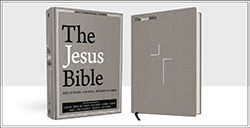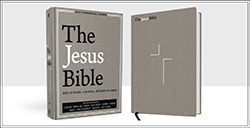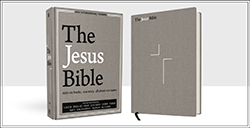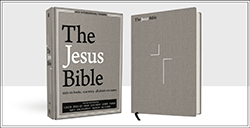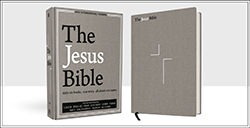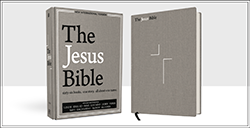Letters to the Editor (Honoring the Dishonorable, Complementarian Readers, Big and Little Sins)
Letters to the Editor is an opportunity for readers of this site to respond to things I have written. Here are a few of the top letters from the past couple of weeks.
Comments on Honoring the Dishonorable
As a wife who experienced ongoing domestic abuse at the hand of a professed Christian husband and struggled in raising children within that environment for many years even as I pleaded for help from my church leadership, I read this article with much trepidation and expectation. I was pleased ..

